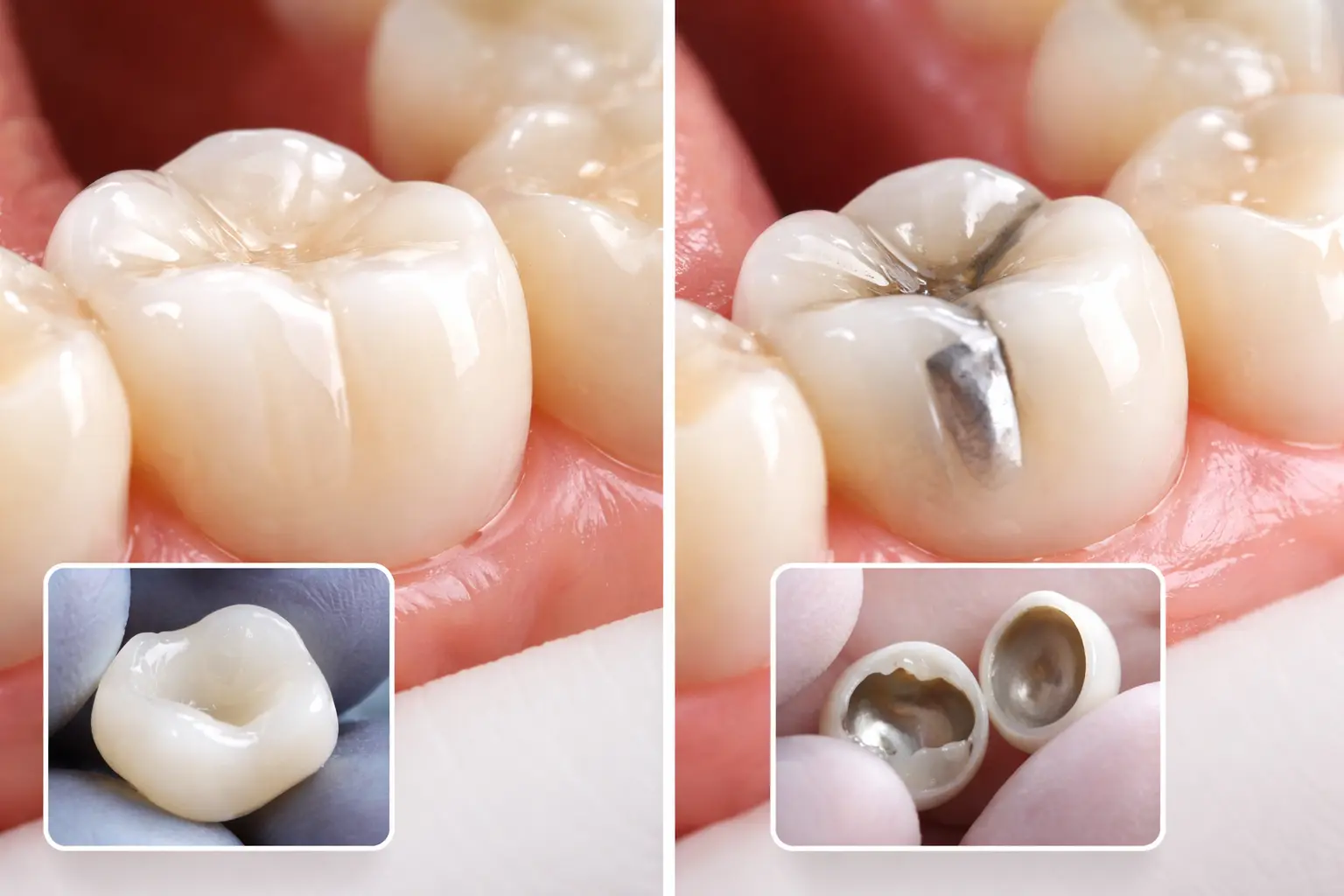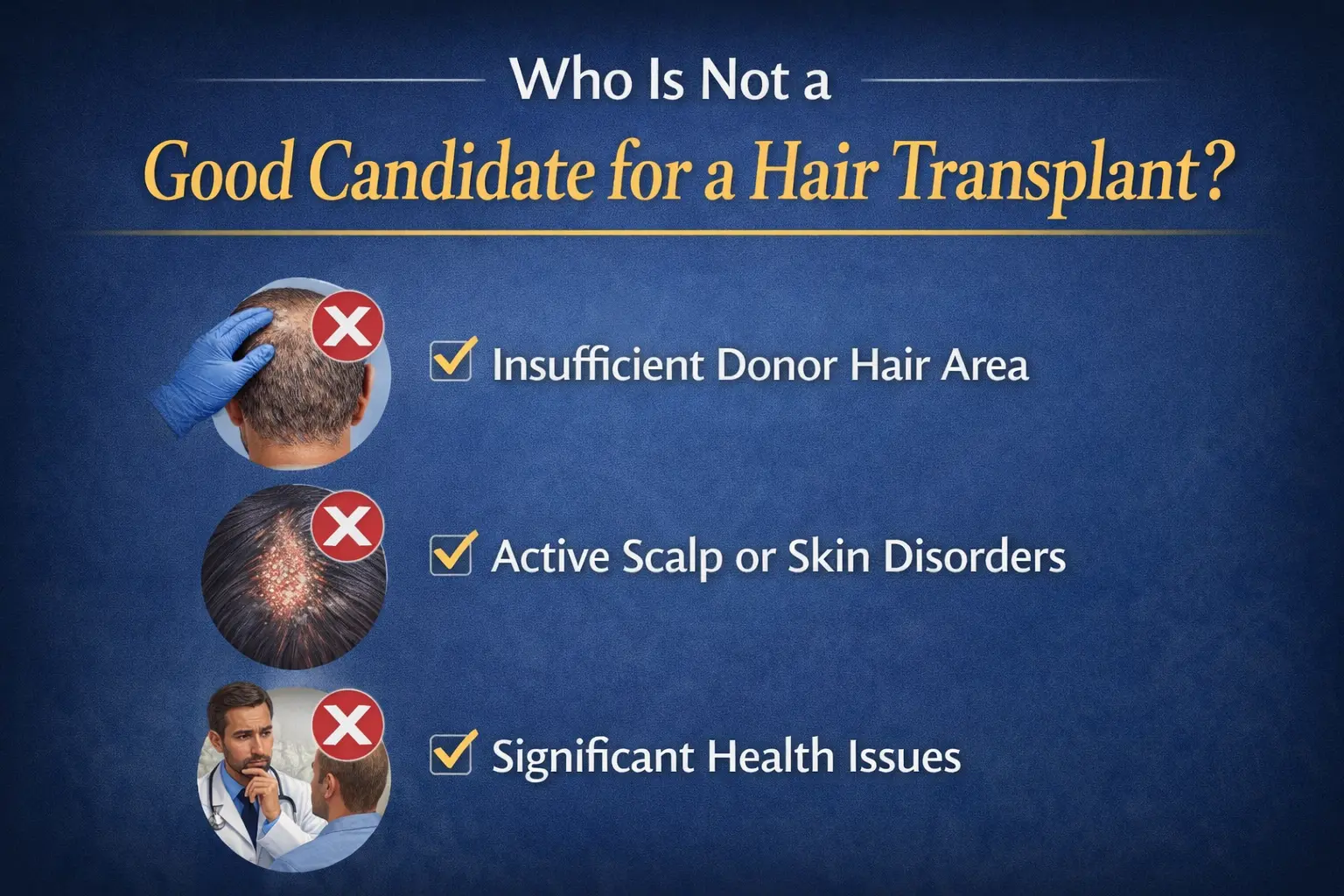Hair transplantation is a popular plastic surgery procedure that offers an effective solution for individuals experiencing hair loss. The long-term effects of this surgery are an important issue to be considered. This content titled “Long-Term Effects of Hair Transplant Surgery” provides a detailed overview of the aesthetic results expected after hair transplantation, the permanence of the transplanted hair, post-surgical care requirements and more. Understanding the long-term success factors of hair transplant surgery will help individuals make informed decisions and achieve their long-term goals regarding hair loss.
Is Hair Transplant Permanent?
Hair transplantation is a permanent solution. During hair transplantation, hair follicles taken from the donor area are permanently transplanted because they are resistant to genetic hair loss. These transplanted hairs usually persist in other areas subject to hair loss. The natural hair next to the transplanted hair may fall out over time due to the normal aging process or genetic factors. Nevertheless, the results obtained with hair transplantation are usually long-term and permanent.
What is the Process After Hair Transplantation?
The post-hair transplant process starts immediately after the surgery and includes the healing process. Here are the general stages of the post-hair transplant process:
First Postoperative Days: Immediately after hair transplant surgery, your head may be swollen and small scabs may form in the donor and recipient areas. In the first few days, it is especially important to pay attention to factors such as medications and sleeping position.
First Week: In the first week after hair transplantation, the scabs begin to fall off slowly. During this period, washing instructions should be followed and be gentle to avoid damaging the skin. Also, alcohol and nicotine should be avoided.
First Month: During the first month, the transplanted hair follicles enter the resting phase and then new hair begins to grow. Some shedding is normal during this period, but this indicates that the follicles are undergoing a regrowth process.
First 3-6 Months: Within 3-6 months after hair transplantation, new hair begins to grow significantly. During this period, as the hair adapts to the natural growth process, its density increases.
First Year and After: The full recovery process can take up to a year. During the first year, the hair grows thicker and longer. During this period, regular check-ups and compliance with the care instructions recommended by the doctor are important.
The process after hair transplantation may vary from individual to individual and everyone’s recovery speed is different. Caring in accordance with the doctor’s recommendations and regular follow-up checks are important factors for successful recovery.
How Should Care Be After Hair Transplantation?
Care instructions to be followed after hair transplantation are very important. Full compliance with your doctor’s recommendations is critical in this process. The first wash is usually performed on the 2nd day in the healthcare facility.
Hair washing at home should be done between days 4-10 with the following steps:
- Apply the appropriate lotion or cream to the hair and wait for a certain period of time.
- Using lukewarm water, the hair is washed with oil or lotion; no rubbing movements are performed at this stage.
- Shampoo application is carried out without rubbing movements.
- The hair is gently rinsed with water and never rubbed.
- No hair dryer is used; the hair is allowed to dry naturally.
- The crusting period starts between 10-14 days. During this period, the use of oil and lotion continues and massage movements can be more rigid. After the scabs are complete, the hair can be washed with normal shampoo and care products.
The correct application of these guidelines supports a healthy and effective healing process after hair transplantation.
Long Term Effects of Hair Transplantation
Hair transplantation provides long-term permanent results. The transplanted hair follicles are usually permanent and show a process similar to the growth of natural hair. The results achieved with hair transplantation may vary depending on the individual’s genetic makeup and the aging process, but generally offer a permanent and natural appearance for many years. Regular maintenance and follow-up checks are important in optimizing the long-term effects of hair transplantation.
Esteworld customizes the hair transplantation process and provides maintenance and follow-up care until permanent and natural results are achieved. You can contact us for detailed information about hair transplantation and the process.




















